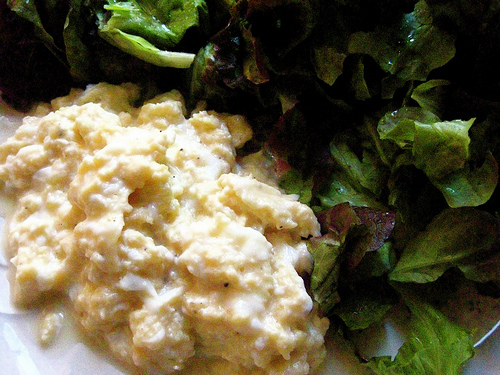The worst thing about having had a large part of my French instruction within a group of 20-something boys is that I am the only one laughing when, in illustrating grammar points or explaining an important period of literary history, my teacher uses words like branle and chatte.
Those of you who had a classic French education in a classroom may be scratching your heads right about now. After all, there’s nothing particularly wrong with either word, especially not in the context in which they were being used: branle, loosely translated, means to oscillate back and forth, and chatte is nothing more than the female version of a cat.
Francophones, I’m sorry for being vulgar… but that’s kind of my point. There is absolutely nothing offensive in using the word branle, for example in the phrase mettre en branle, which means to set in motion, a phrase very easily used to discuss germanopratine literature and culture in the 20th century… but I can’t help but giggle. You see, branle has another meaning, one that’s not really appropriate for this blog, but if you search it I’m sure you’ll figure out why I was chuckling to myself in class and trying to pretend I was clearing my throat while the American Proust Fan frowned, trying to get the punch line. On the one hand, I was almost proud to have enough comprehension to laugh. On the other, I reminded myself of an eight year old who giggles when you say “sextuplets.”
The main reason I decided to take a Masters prep class before enrolling myself in the Sorbonne was to improve my written French: my day-to-day vocabulary isn’t really very lacking; it’s the literary terms I need reinforced. However, in my class of 25 or so, I seem to be the only one. Others have studied French for years and are coming for more vocabulary or a brush-up on grammar points; their street French is next to nonexistant, which is why one of our professors has made a little game out of teaching us idiomatic expressions. He claims it will make it easier for us to tackle that king of all French wordplay, the jeu de mot.
I’ve never been able to conquer it, no matter how hard I try. It involves a roundabout way of thinking, the ability to assemble all of your word knowledge in front of you at a given moment and to find a word that either sounds the same as the one you’re using but means something different or actually is the word at hand but used in a context that renders the given situation funny. I’ve had it explained to me a thousand times; I get the concept, but I still find myself more often than not staring blankly while others laugh and then apologizing: “Si c’est un jeu de mots, désolée, je ne comprends pas.”
This week, we learned the expression “marcher sur des oeufs,” the French equivalent of the English expression “walking on eggshells.” I know enough other expressions using the word oeuf where I should be able to make a jeu de mots… “Qui vole un oeuf vole un boeuf,” for example, but I tried and I don’t think that “marcher sur des boeufs” is particularly funny…
So I’ll stick to my six-year-old humor. Who knows? In ten years, I may have advanced past giggling at inappropriate words to telling obnoxious riddles, which is about where I was as far as humor is concerned when I was sixteen. Or I could just laisse tomber the idea of humor altogether and stick with scrambled eggs.
Scrambled Eggs with Gruyère
1 tsp. butter
4 eggs
2 Tbsp. crème fraîche
1 tsp. salt
1/4 tsp. pepper
2 Tbsp. grated gruyère cheese
Heat the butter over low heat in a frying pan. Beat the eggs, crème fraîche, salt and pepper with a fork, then pour into the pan. Allow to cook 2-3 minutes without stirring, then use a wooden spoon to gently mix and fold the eggs until they appear curdled but still slightly wet. Add the gruyère cheese and cook until melted. Serve immediately: with toast at breakfast or, if you’re French, with salad at dinner.

